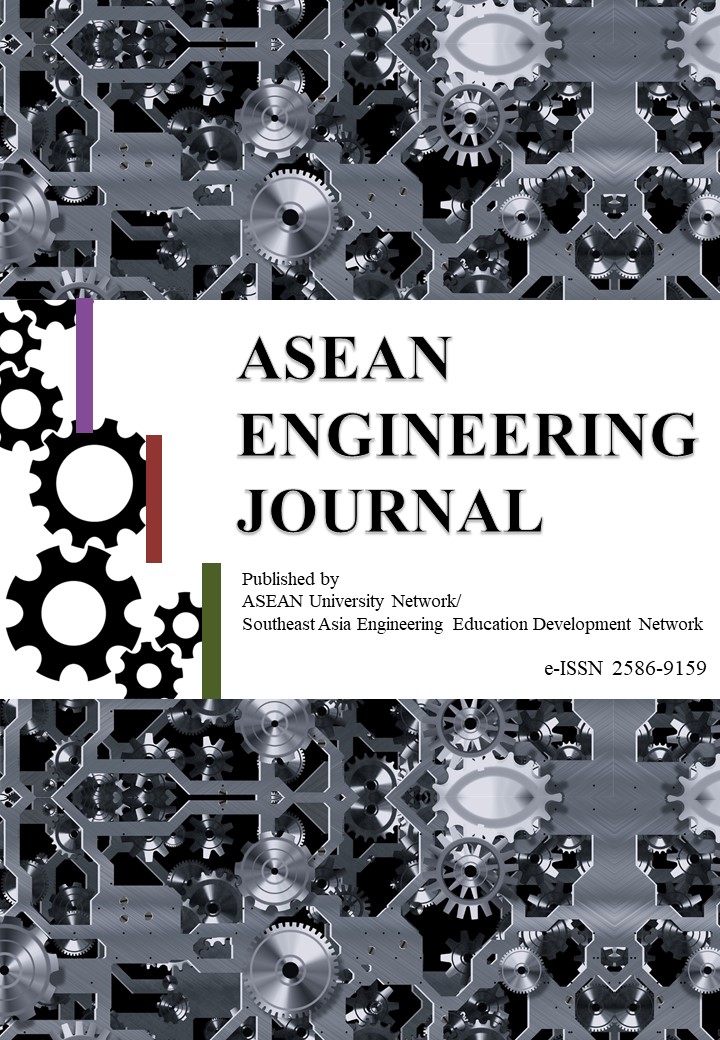JOINT DELAY AND AZIMUTH ESTIMATION OF COHERENT WAVES FOR MILLIMETER-WAVE BAND CHANNEL SOUNDING
DOI:
https://doi.org/10.11113/aej.v10.15534Abstract
The user traffic in the mobile communication area has rapidly increased owing to the widespread of smartphones and various cloud services. To handle the increasing traffic, in the fifth-generation mobile communication system (5G), the millimeter-wave multiple-input and multiple-output (MIMO) communication technology is under development. Because the MIMO transmission performance heavily depends on the radio propagation characteristics, various MIMO channel measurements are needed for the performance evaluation and system design. The accurate and efficient parameter estimation algorithm which estimates the propagation delays and angle of arrivals (AoA) of radio waves is also indispensable for the purpose. In this paper, we extended the joint delay and azimuth estimation (JADE) method based on multiple signal classification (MUSIC) algorithm. In our proposal, the drawback of the MUSIC that the performance degrades for the estimation of coherent waves was solved by applying the smoothing technique in the frequency domain. It also makes the antenna calibration simpler. We implemented the proposed algorithm for the channel sounding system in the 66 GHz band, which is one of the candidate frequency bands for the International Mobile Telecommunications (IMT) system and evaluated the effectiveness through the experiment in an anechoic chamber. The result showed that our proposed method can de-correlate the signal components of coherent waves, and improved the parameter estimation accuracy significantly. The root means square error (RMSE) of the propagation delay estimation was improved from 2.7 ns to 0.9 ns, and the RMSE of the AoA estimation was improved from 20.3 deg. to 7.2 deg. The results are expected to be utilized for the millimeter wave band MIMO channel modeling.
















